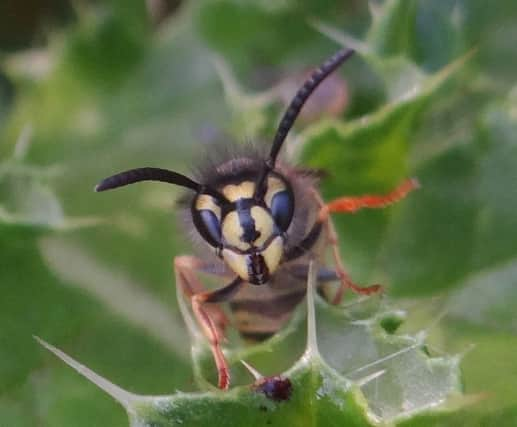Plants and animals may be doomed by the Beast from the East


The Woodland Trust’s nature calendar project has received a wave of reports, which suggest spring events are happening early.
So far, 352 individual pieces of ‘unusual’ data have been sent in by volunteers across the UK.
Advertisement
Hide AdAdvertisement
Hide AdCharlotte Armitage, citizen science officer for the Woodland Trust, said: “We’ve been shocked by the sheer volume of early records received this year. However, they highlight the importance of Nature’s Calendar data. The public are providing us with information that helps us better understand how flora and fauna is faring in a fluctuating climate – and we need more people to sign up.
“With colder weather anticipated over the coming weeks, it will be interesting to see how some species react, having bred, bloomed or emerged early.”
The unusual data collected by Woodland Trust Scotland include a wasp queen was reported out and about in Falkirk on February 6. In previous years average for first sighting was April 18.
A peacock butterfly was seen in Leven, Fife on January 26. The previous average sighting for this was April 15.
Advertisement
Hide AdAdvertisement
Hide AdOther Scottish early ‘birds’ include ladybirds in Renfrewshire on January 30 and a rowan bud burst on February 22 in Hamilton.
George Anderson of Woodland Trust Scotland said: “The wasp spotted in Falkirk in February is extremely early. You normally wouldn’t expect to see them until mid April. Given this week’s cold blast that it is likely doomed and for many of the plants and animals which are making an earlier and earlier start, this is always the danger.
“If you are feeling sorry for yourself in the cold weather this week, spare a thought for the poor peacock butterfly of Fife and the Falkirk wasp!”